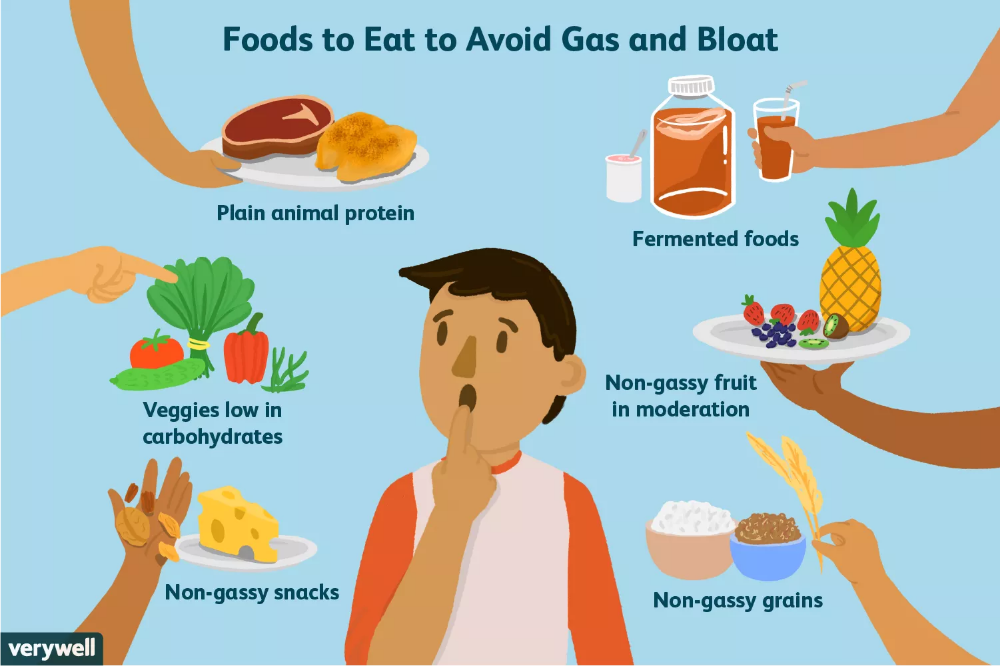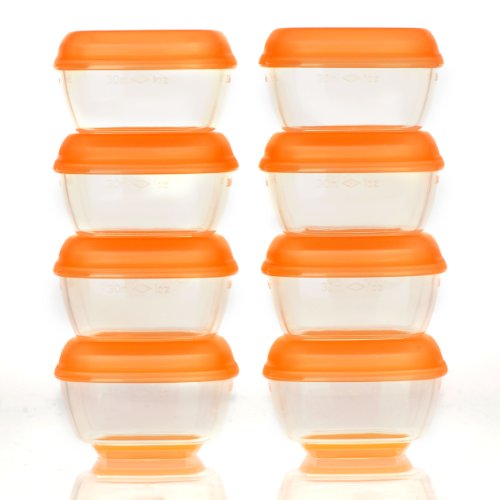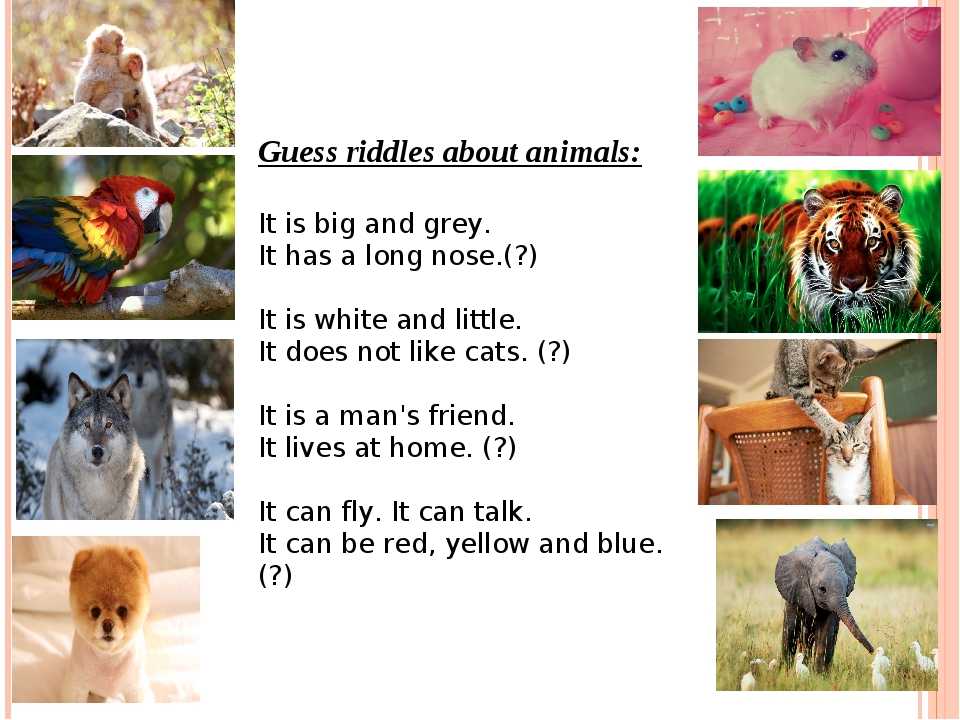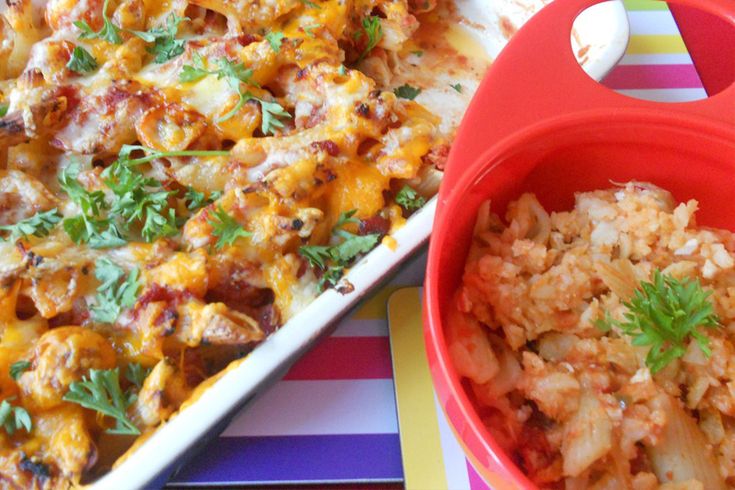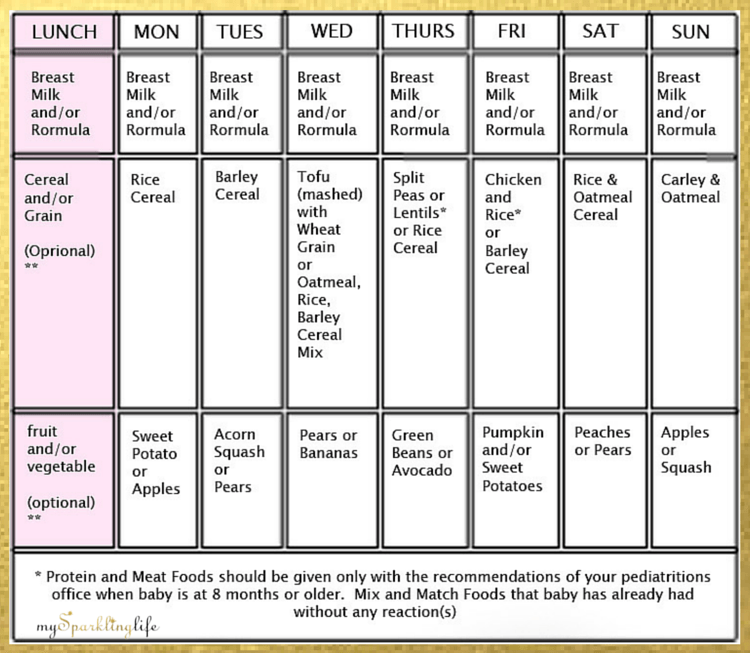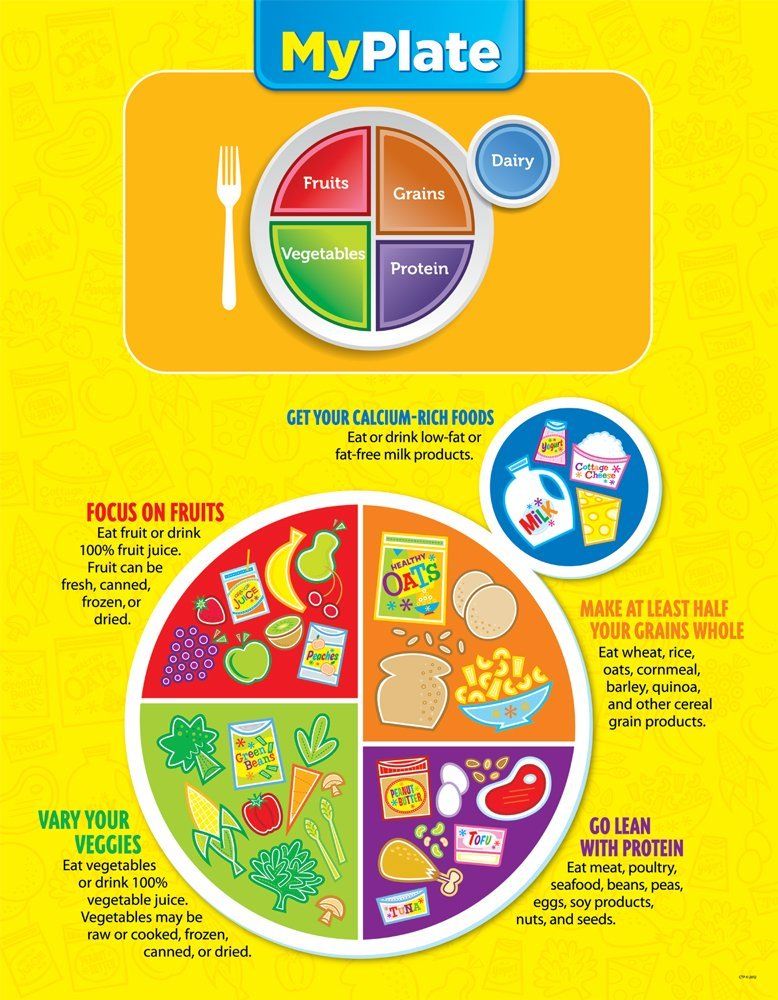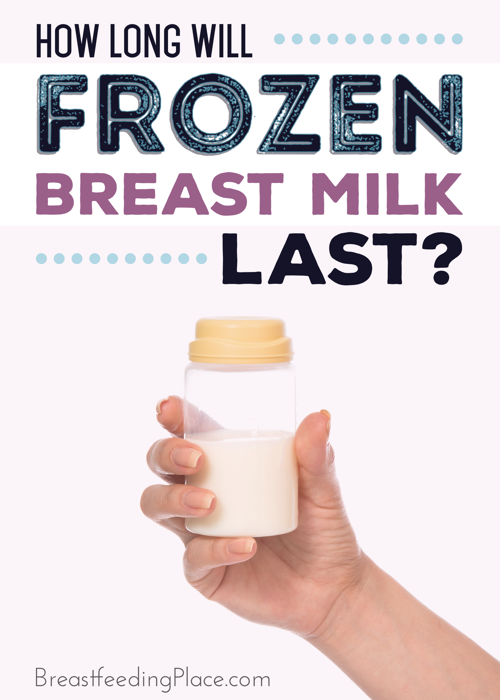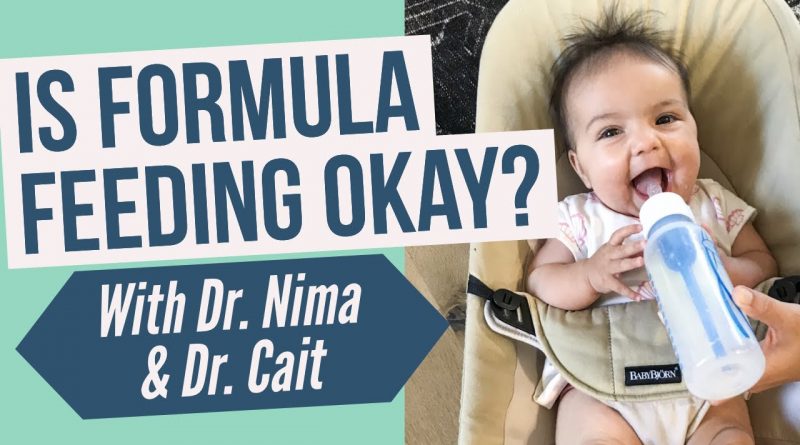Foods that makes baby gassy while breastfeeding
What You Can Do To Help Your Gassy Breastfed Baby
What are some common culprits behind your baby's gassiness? Learn the signs, foods that may cause gassiness in your baby, and how to soothe and relieve his or her symptoms.
Share this content
As a new parent, it can be stressful and upsetting to see and hear your baby cry. That’s especially true if you've checked off all the usual suspects— dirty diaper, empty belly, discomfort, or over-tiredness —and you still can’t seem to soothe your little one.
Gas is something that many newborns experience, and it can be painful for them! It isn't always the first thing that parents remember to consider, since it's not something easily visible.
Signs Your Breastfed Baby is Gassy
If you suspect excess gas could be the culprit causing your baby’s fussiness, there are several signs that may indicate you are correct:
- Burping. It’s possible your baby has swallowed too much air while nursing or crying for a long period.
- Spitting up. While spitting up is perfectly normal, gas that’s trapped in the stomach can push breast milk back up and cause your baby to spit up.
- Bloated tummy. This could be a sign that gas has built up in your baby’s stomach.
- Flatulence. Every baby toots, but if they’re doing so excessively, it could mean they have excess gas.
- Arched back, legs drawn toward the tummy. The discomfort from gas pains will make a baby try to adjust to alleviate it.
Gassy Baby Causes
Gas in a breastfed baby is not uncommon and can be attributed to several factors:
- Gulping while feeding. If your milk let-down reflex is strong, your baby may gulp your milk to keep up and swallow extra air in the process. If that’s the case, your little one may do better nursing in a more upright position, so he or she has better control over milk intake and flow.
- Introducing a bottle.
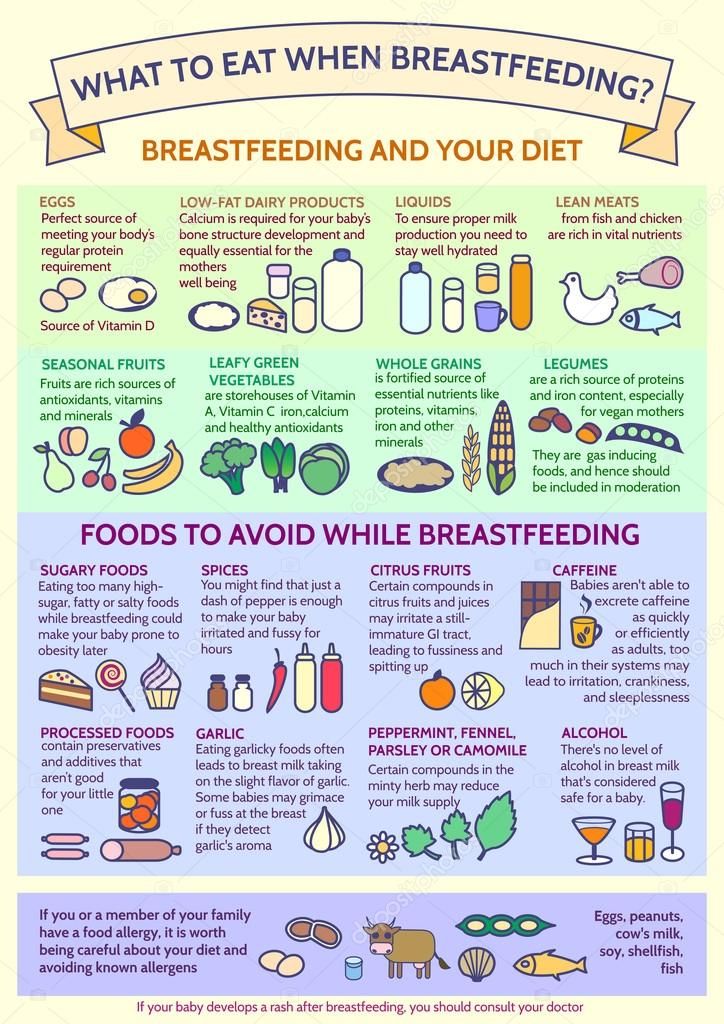 If your baby is used to the breast and you begin feeding with a bottle, it may take some getting used to at first. As a result, he or she may swallow too much air while eating.
If your baby is used to the breast and you begin feeding with a bottle, it may take some getting used to at first. As a result, he or she may swallow too much air while eating. - Constipation. When your baby is constipated, they may have gas trapped in their tummies that they’re having a hard time releasing.
- Crying. If your baby has been crying for a long time, they may be gulping in air in the process.
- Mom’s diet. Food that you’ve eaten can make your baby gassy as well. Certain foods such as dairy, soy or wheat may contribute to gassiness in your little one. Keep a food journal of what you eat to see if you can pinpoint the culprit in your diet.
Foods That Make Breastfed Babies Gassy
Though a baby’s gas is not commonly linked to mom’s diet, there are certain gas-inducing foods that could give both a breastfeeding mom and her baby gas. These include:
- Fiber. Foods like bran, beans, and whole grains.
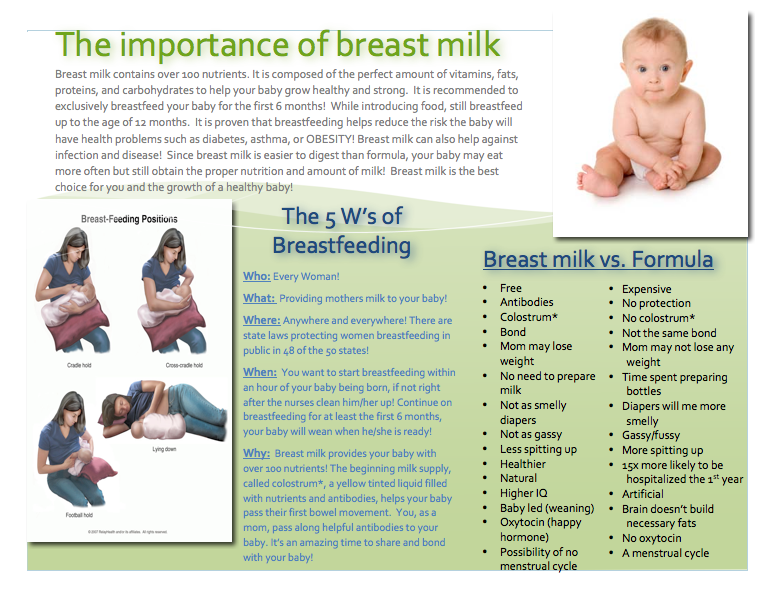
- Fruit. Citrus fruits, prunes, plums, peaches, or apricots.
- Vegetables. Broccoli, cabbage, and Brussel sprouts.
- Garlic. Garlic-seasoned foods like pasta dishes or garlic bread.
- Dairy. Yogurt, ice cream, or milk products.
- Carbonated beverages. If they make you burp, they could make your baby gassy too.
It’s not necessary to give up all your favorite foods when pregnant and/or breastfeeding. Health experts recommend only making dietary changes if you see a direct connection between something you’ve eaten and your baby's gassiness.
Additionally, if you’re still breastfeeding after your little one begins solids or finger foods, it’s easier to detect what food might be the culprit and then eliminate it.
Relieving Gassy Babies
There are several effective ways to help relieve your baby’s gas pains and soothe them. Try a combination of these to find what works best for your little one.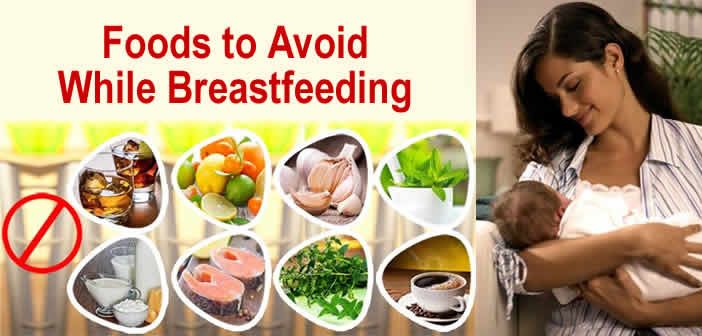
- Burp twice. Try to coax two burps out of your baby instead of just one.
- Sit upright. Hold your baby in an upright position while burping. This makes it easier to expel gas.
- Tummy time. Laying your baby on their tummy will help to push gas out.
- Bicycle exercises. Put your baby on his or her back and move their legs in a pedaling motion, similar to cycling on a bike. This helps with constipation as well.
- Massage the tummy. A gentle massage can help move gas out.
- Adjust baby’s latch. Make sure your baby is latching correctly to avoid swallowing too much air.
Don't worry, mama - Gas is typically a normal occurrence and most babies experience gassiness from time to time! With some minor adjustments, you can soothe your little one and help them get through the discomfort of gas.
Foods to Eat or Avoid When Breastfeeding
Reviewed by Poonam Sachdev on June 26, 2022
It’s a good source of protein.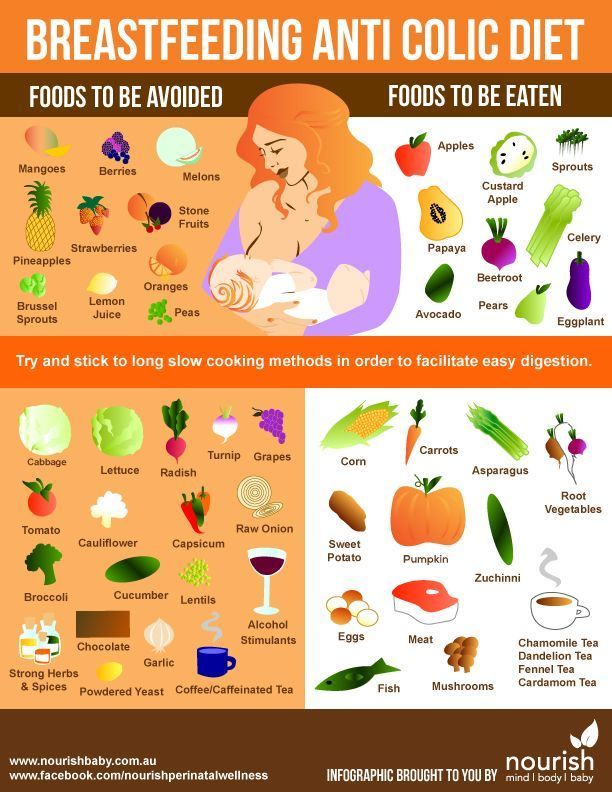 Some, like salmon and tuna, also give you omega-3s, which your body needs. But what about mercury and other contaminants? You can have cooked seafood twice per week. Each serving can be up to 6 ounces, which is the size of two decks of cards. Choose types that are lower in mercury, such as salmon, tilapia, and trout. Avoid shark, swordfish, king mackerel, and tilefish, which have high levels of mercury.
Some, like salmon and tuna, also give you omega-3s, which your body needs. But what about mercury and other contaminants? You can have cooked seafood twice per week. Each serving can be up to 6 ounces, which is the size of two decks of cards. Choose types that are lower in mercury, such as salmon, tilapia, and trout. Avoid shark, swordfish, king mackerel, and tilefish, which have high levels of mercury.
Love hot sauce? Most babies can handle it and other fiery foods in your diet. But if your little one is gassy or colicky and gets diarrhea every time you sprinkle red pepper flakes over your pizza, cut back on the heat for a few weeks to see if that helps.
They’re full of flavor. But some herbs may affect how much milk your body makes. For instance, eating a lot of parsley could curb lactation. And too much sage and peppermint may cut your milk supply. For some nursing moms, even peppermint-flavored toothpaste and candies are a problem.
It’s rarely a problem. But see how your baby does.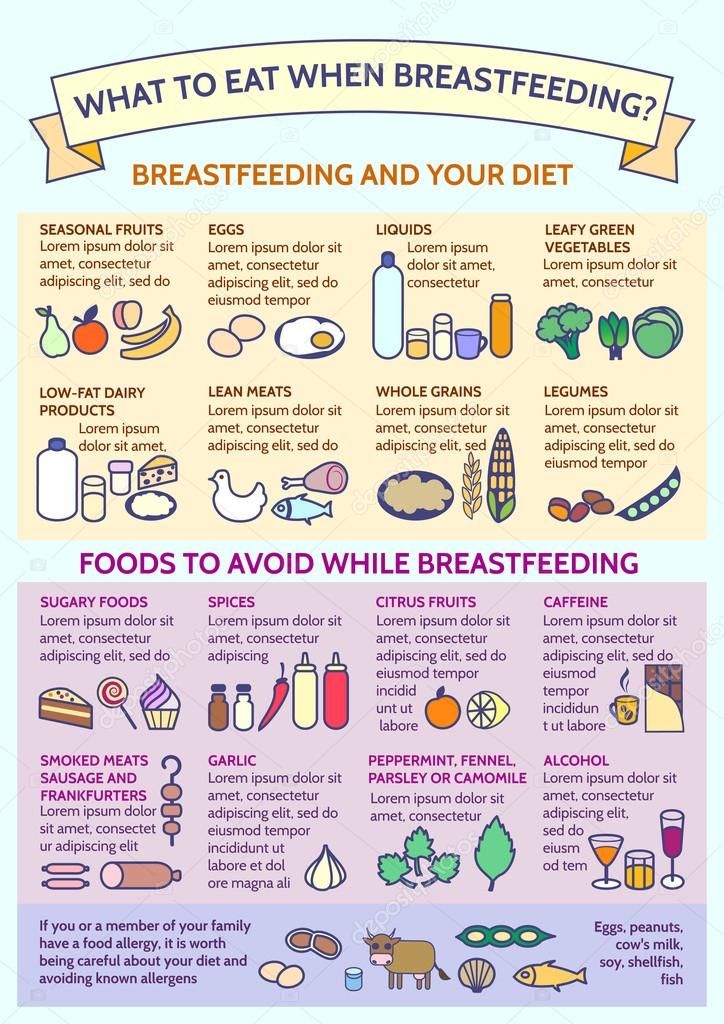 Tell your pediatrician if your tot gets skin problems, has trouble breathing after breastfeeding, or has other symptoms.
Tell your pediatrician if your tot gets skin problems, has trouble breathing after breastfeeding, or has other symptoms.
As refreshing as your cup of chai or Earl Grey may be, it has some downsides. It’s got caffeine, which can affect your sleep – and your baby’s. It may also make it harder for your body to absorb iron, which you need for energy. If you drink hot or iced tea, try not to sip it when you eat foods that are rich in iron, such as lean meat; dark, leafy greens; and fortified breakfast cereals.
What if you aren’t allergic, and you want to prevent your baby from developing an allergy? Sorry, but there’s no proof that you can do that by skipping specific foods. Cutting certain foods out of your diet may make the skin condition eczema less likely for your little one. Ask your doctor or pediatrician for advice.
Breastfeeding can make you thirstier than you usually are. If that’s the case, drink a glass of water every time you breastfeed. But no matter how parched you feel, don’t go for regular sodas or fruit drinks, which give you calories without nutrition.
It's best for your baby if you don't have any booze at all. But if you do choose to drink, don’t breastfeed until the alcohol has completely cleared your milk. For 12 ounces of beer, 5 ounces of wine, or 1.5 ounces of liquor, wait at least 3 hours. Pumping doesn’t speed that up.
Common culprits include beans, broccoli, cabbage, and Brussels sprouts. Bloating, burping, and passing gas are normal. But if your baby is gassy or has colic, avoid these foods for a few weeks to see whether they relieve the symptoms.
Both have caffeine. You’ll also find it in energy drinks and cola. If you’re lost without your latte, limit yourself to 2-3 cups per day of the brewed kind. Or you could switch to decaf.
IMAGES PROVIDED BY:
1) Getty
2) Getty
3) Getty
4) Getty
5) Getty
6) Getty, iStock
7) Getty
8) Getty
9) Getty
10) Getty
SOURCES:
Mayo Clinic.
The Children's Hospital of Philadelphia.
La Leche League.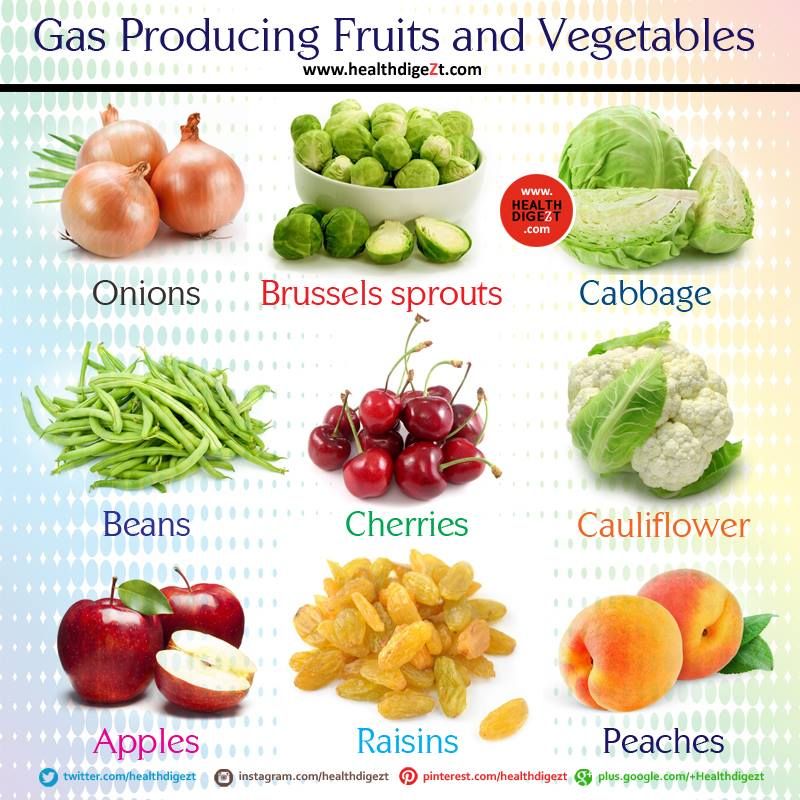
The American Academy of Pediatrics.
U.S. Department of Agriculture.
© 2022 WebMD, LLC. All rights reserved. View privacy policy and trust info
Products that cause colic in newborns
The baby cannot fall asleep, at first glance he cries for no reason, behaves anxiously. All this causes anxiety among young parents, who cannot immediately guess what is the main reason for such behavior. And the answer may lie on the surface. It’s just that mom didn’t follow a diet and allowed herself foods that cause colic in babies. As a result, the baby develops intestinal spasms, pain, which means that the little one begins to cry and spin. To prevent this from happening, the mother should monitor her diet by excluding foods that cause colic in children from the menu. nine0003
What foods can cause colic in a newborn
When composing your daily diet, exclude foods that cause colic in newborns. These include:
- Whole milk. The lactose contained in the composition refers to a substance that causes colic in newborns due to gas formation.
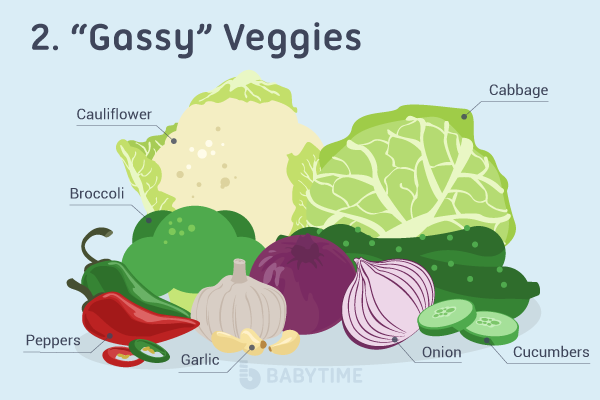 This product is poorly absorbed by the baby's body and can cause, in addition to bloating, allergic reactions. In your diet, it is better to replace milk with kefir, curdled milk, fermented baked milk. nine0012
This product is poorly absorbed by the baby's body and can cause, in addition to bloating, allergic reactions. In your diet, it is better to replace milk with kefir, curdled milk, fermented baked milk. nine0012 - Spicy sauces. Ketchup, mayonnaise, mustard cause intestinal irritation, which causes colic in newborns, so it is not recommended to include these products in the menu of a nursing woman.
- Black bread. The enzymes that make up the composition lead to gas formation. When breastfeeding, this product is best replaced with whole grain bread.
- Legumes. Lentils, corn, beans, peas are foods that cause colic in newborns. Instead, it is better to include other protein-rich foods in the diet of a nursing mother. For example, cottage cheese, soy cheese, low-fat fish. nine0012
- Raw vegetables and fruits. Flatulence causes fiber, and some fruits can cause an allergic reaction. Therefore, any vegetables and fruits should be heat treated.
- Sweets. Chocolate, sweets are among those products that cause colic in children.
 So it is better to give up your favorite delicacies. Carbonated drinks. Not only Fanta or Coca-Cola can cause colic in newborns, but also ordinary sparkling mineral water. So you should accustom yourself to drinking weak tea or herbal decoctions. nine0012
So it is better to give up your favorite delicacies. Carbonated drinks. Not only Fanta or Coca-Cola can cause colic in newborns, but also ordinary sparkling mineral water. So you should accustom yourself to drinking weak tea or herbal decoctions. nine0012
How to make a menu to save a newborn from colic
Knowing what foods cause colic in babies, any woman can make the right menu for herself. It may include:
- Lean fish and meat.
- Cottage cheese, kefir, fermented baked milk.
- Buckwheat, rice, wheat groats.
- Baked vegetables and fruits.
It is important to consider not only what foods cause colic in newborns, but also to understand what can cause gas. In this regard, it is necessary:
- There are products separately without mixing them.
- Drink more clean water.
- Eat in small portions.
- Avoid exotic foods.
To increase the protective properties of the child's body, it is necessary to gradually introduce new foods into the diet.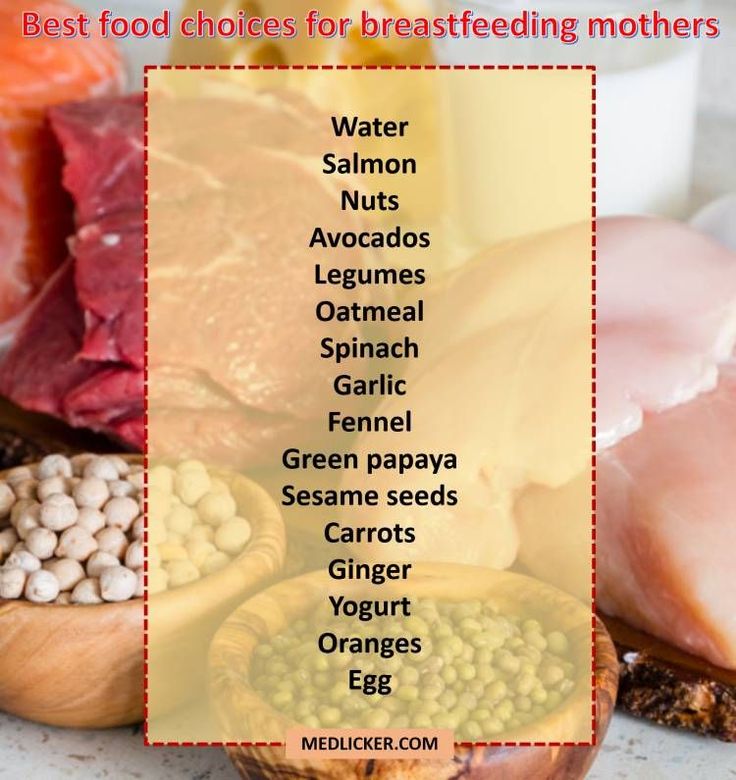 After all, the baby should prepare for nutrition not only with mother's milk. And at this stage it is very important to reduce the formation of colic. For this purpose, you can give the baby the drug "Kolikid", which is shown to children from the first months of life. The active ingredient simethicone gently eliminates gas formation in the stomach of the baby, without penetrating into the bloodstream and not being absorbed by the body. This makes it possible to save the baby from discomfort even if the mother allowed herself to eat some foods that cause colic in babies. nine0053
After all, the baby should prepare for nutrition not only with mother's milk. And at this stage it is very important to reduce the formation of colic. For this purpose, you can give the baby the drug "Kolikid", which is shown to children from the first months of life. The active ingredient simethicone gently eliminates gas formation in the stomach of the baby, without penetrating into the bloodstream and not being absorbed by the body. This makes it possible to save the baby from discomfort even if the mother allowed herself to eat some foods that cause colic in babies. nine0053
Medical advice for doctors | Remedium.ru
28.12.2022
Chronic and acute periodontitis: types, treatment
Periodontitis is a periodontal disease. Periodontium in translation "surrounding (peri) tooth (odont)". Often the term periodontium is also used in the same sense.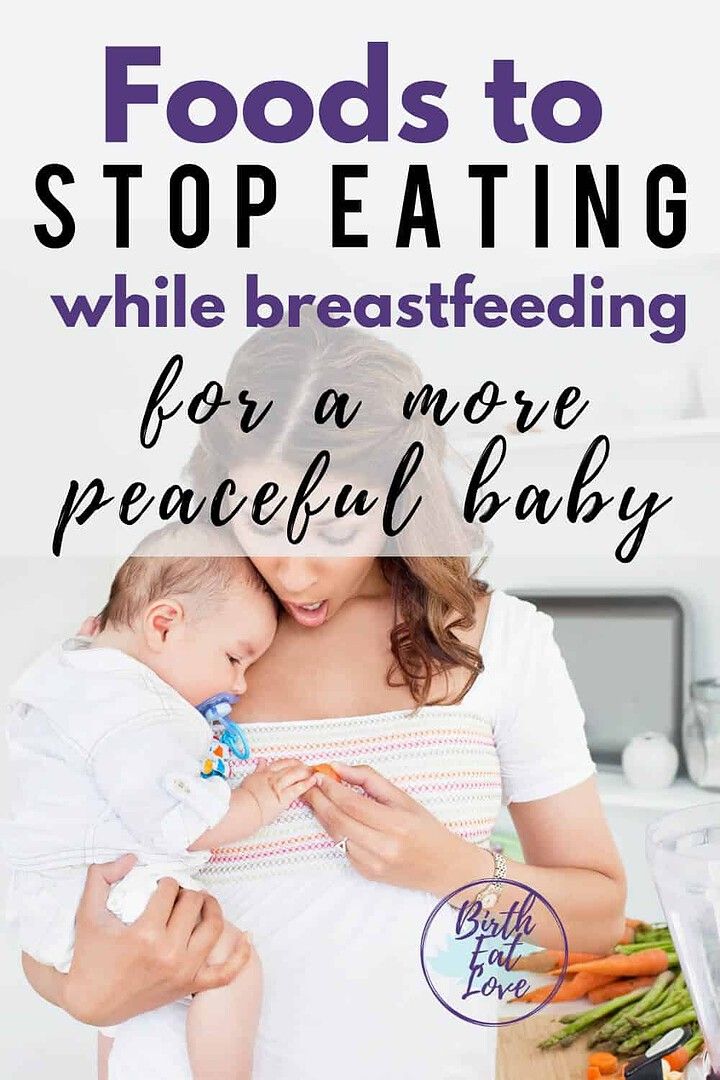 It includes all components that hold the tooth in the jawbone: gum, bone, fixation fibers and the fixation structure on ...
It includes all components that hold the tooth in the jawbone: gum, bone, fixation fibers and the fixation structure on ...
More
27.12.2022
Osteoarthritis of the joints of the hands. Review of clinical guidelines
Y.S. Filatova, M.V. Ilyin ; Yaroslavl State Medical University
The article discusses the prevalence of osteoarthritis of the joints of the hands. Modern aspects of pathogenesis and the leading role of inflammation in it are highlighted. The article evaluates risk factors for osteoarthritis...
More
12/26/2022
Teeth whitening
There are many tooth whitening systems and products, including whitening toothpastes, over-the-counter gels, rinses, strips, mouthguards, and whitening products, available from your dentist. Teeth whitening is ideal for people with healthy, unrestored...
Teeth whitening is ideal for people with healthy, unrestored...
More
23.12.2022
Risks of developing sarcopenia after bariatric surgery in patients with type 2 diabetes mellitus
A.G. Khitaryan 1.2 , A.A. Abovyan 2 * , A.V. Mezhunts 1.2 A.A. Orekhov 1.2 , D.A. Melnikov 1.2 , A.V. Sargsyan 2 , S.A. Adizov 1 , A.A. Rogut 1 , G.D. Ziegler 2 , M.F.C. Amegnin 2 ; Clinical Hospital "RZD-Medicine", 2 Rostov State Medical University
Introduction .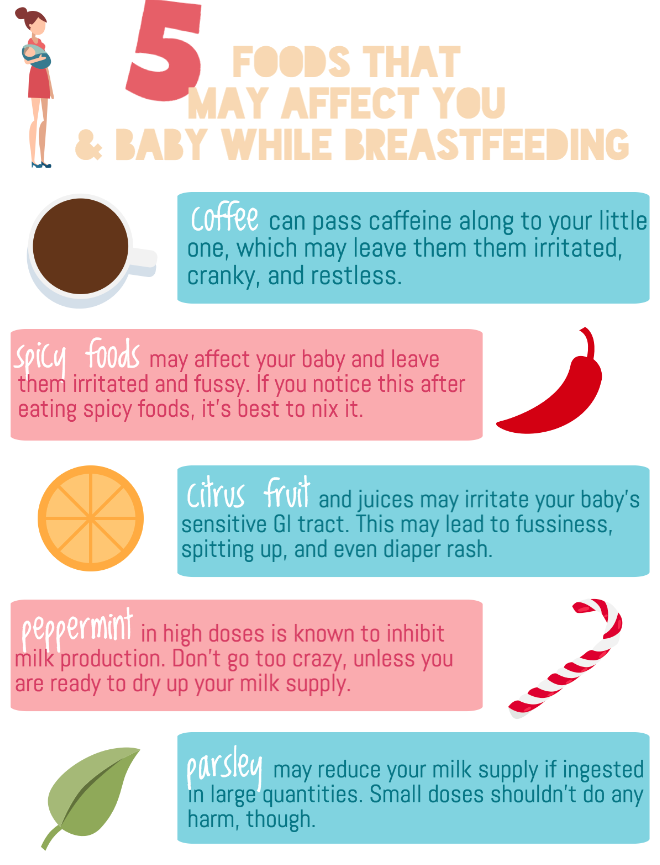 Despite...
Despite...
More
12/21/2022
Postcovid syndrome: focus on neuropsychiatric disorders
A.V. Vasilyeva 1.2 ; 1 NMITs PN im. V.M. Bekhtereva, 2 North-Western State Medical University im. I.I. Mechnikova
Since 2020, the pandemic of a new coronavirus infection has swept the whole world, millions of people have been ill with COVID-19, which determines the relevance of studying the health status of patients after the end of the acute period of infection. Available data...
More
12/14/2022
Tetracycline teeth
Tetracyclines were developed in 1948 as broad-spectrum antibiotics that can be used to treat common infections in children and adults.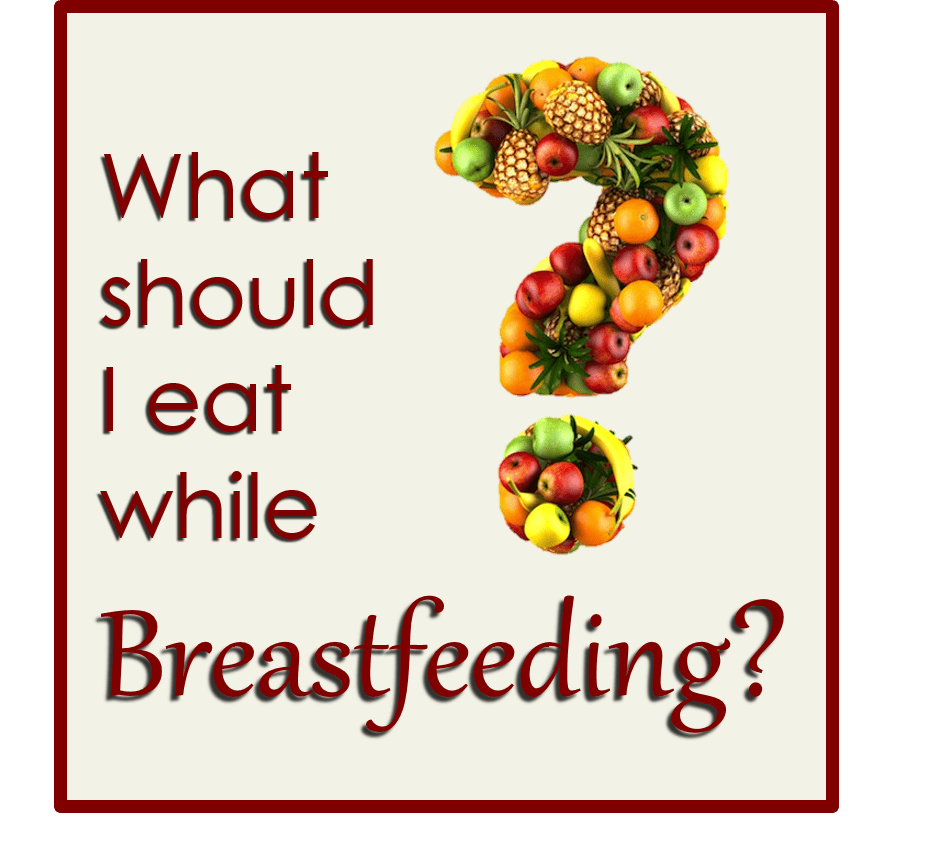 One of the side effects of this group of substances is their incorporation into tissues with the formation of calcifications. First mention of...
One of the side effects of this group of substances is their incorporation into tissues with the formation of calcifications. First mention of...
More
09.12.2022
Online special project "Together - against SARS!"
Dear colleagues! In the cold season, the incidence of respiratory infections traditionally increases, so the burden on doctors also increases. To help you in the midst of the epidemiological season, we have prepared an online project for medical specialists “Together against SARS!” . His goal is...
More nine0003
06.12.2022
Characteristics of the personality profile and adherence to therapy as predictors of compensation for type 1 diabetes mellitus in adolescents
I.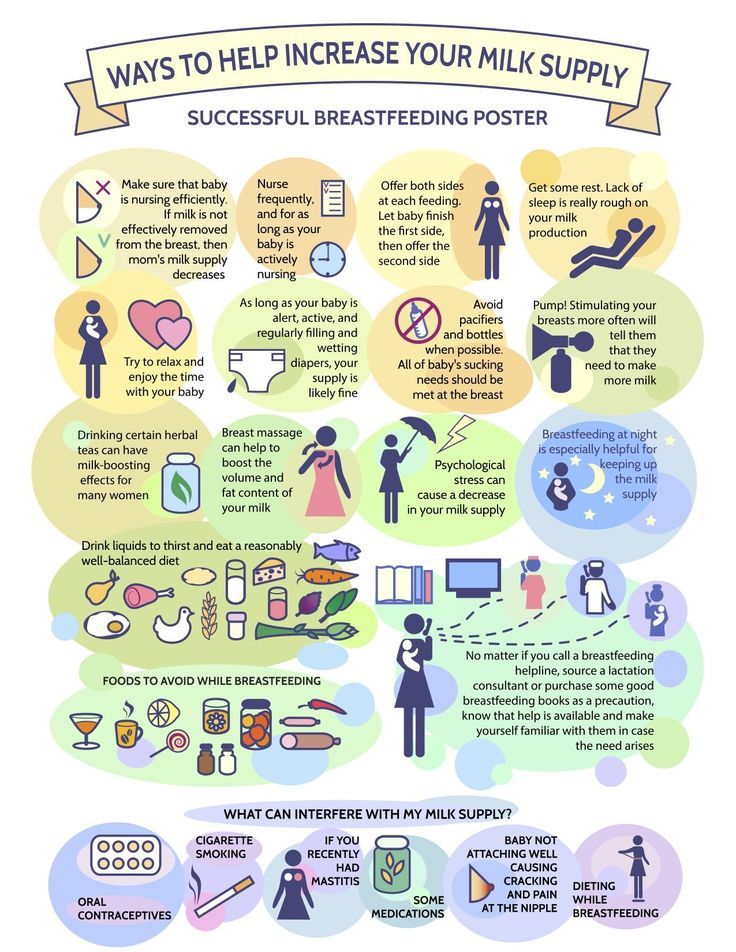 L. Nikitina, A.O. Plaksina, A.S. Pirozhkova, I.A. Kelmanson ; National Medical Research Center named after V.A. Almazova
L. Nikitina, A.O. Plaksina, A.S. Pirozhkova, I.A. Kelmanson ; National Medical Research Center named after V.A. Almazova
Introduction . Type 1 diabetes mellitus (DM1) in children and adolescents occupies a leading place in the structure of childhood chronic diseases. Despite...
More
02.12.2022
Topical antibiotic therapy for perforated otitis in the COVID-19 pandemic
S.V. Ryazantsev 1 , K.A. Balatskaya 1 , I.V. Tkachuk 2 , A.E. Golovanov 2 , P.V. Kireev 2 ; 1 St. Petersburg Research Institute of Ear, Throat, Nose and Speech Kirov
The developing resistance of microorganisms to the effects of .